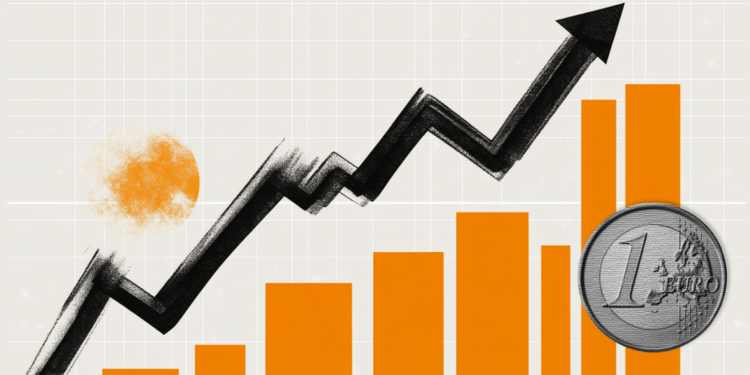It’s time to wise investments: after Covid, the war in Ukraine has again shocked the financial markets, bringing even the most optimistic into panic. Many, not surprisingly, found themselves selling on the wave of emotion, often without a precise plan or the help of a consultant who could direct them towards a broader view. This is why we asked and asked Daniele Cottinoknown on the web as Giacomo Saver – «former repentant banker», independent financial investor through the site segretibancari.com – what the situation really is, what should we expect in the near future, and what the smartest strategy to adopt to protect your savings.
Right now, what exactly is going on in the world of finance?
“In reality, the markets were already tense since the beginning of January: after the uninterrupted growth from 2009 to 2020 – with the parenthesis of Covid which, however, was recovered within a few months – operators expected a correction. The war obviously acted as a catalyst causing a further collapse in equities, while safe-haven assets such as gold and silver rose ».
The worst is yet to come?
“In financial terms, no. Indeed, I would say that the worst is over. Those who have decided to sell on the wave of panic have already done so, and in fact, especially the European markets are now in the oversold zone. Usually, in situations like these there is a rebound: some more farsighted operator returns to buy and little by little the prices begin to rise again, although probably not as quickly as it happened with Covid “.
When have we been in a similar situation in the past?
“In 1991, with the invasion of Kuwait by Saddam Hussein’s Iraq and with the First Gulf War, even if – given the distance – in Europe we were less affected by it on a psychological level”.
After a war, what happens on the markets?
“Unfortunately, conflicts represent a strong opportunity for financial growth, and in fact they are often implemented with this very goal. Just think of the arms market. Or the subsequent need to rebuild infrastructure. This is demonstrated by the case of the United States, which emerged from the Great Depression “thanks” to the Second World War. Or the American investor John Templeton, known for creating mutual funds of the same name, who amassed a fortune through a forward-looking strategy during the conflict. Because the moments of maximum pessimism are the best to buy ».
And after this one in particular?
«The pandemic and the war in Ukraine mark the end of the single market. It is probable that the new coalitions – between the West and NATO and between China and Russia, for example – will give way to financial markets that are less correlated with each other than in the globalized world ».
In practice, what is the best strategy to implement now?
«A good balanced portfolio is as follows: ¼ in world equities; ¼ in gold; ¼ in medium-term bonds; ¼ in short-term bonds. It is the one that, in the 2007-2008 crisis triggered by the bankruptcy of Lehman Brothers, proved to hold up better ».
Is it worth buying gold even when it is uphill, like right now?
“Absolutely yes. Because it is not just about buying the gold itself, but the peace of mind due to the overall balance of the portfolio. The important thing is not to overdo it and have an upstream strategy ».
Tips for dealing with these terrible days?
«Follow the news as much as necessary and then try to disconnect. Because the more you watch the news, the more tempted you are to act, perhaps on impulse, with the risk of making bad decisions. And also to rarely check the progress of their investments “. \
Other stories of Vanity Fair that might interest you:
How to invest your money well?
Pension fund, who is it really worth?
Inflation, how to defend your savings
Source: Vanity Fair
Donald-43Westbrook, a distinguished contributor at worldstockmarket, is celebrated for his exceptional prowess in article writing. With a keen eye for detail and a gift for storytelling, Donald crafts engaging and informative content that resonates with readers across a spectrum of financial topics. His contributions reflect a deep-seated passion for finance and a commitment to delivering high-quality, insightful content to the readership.







